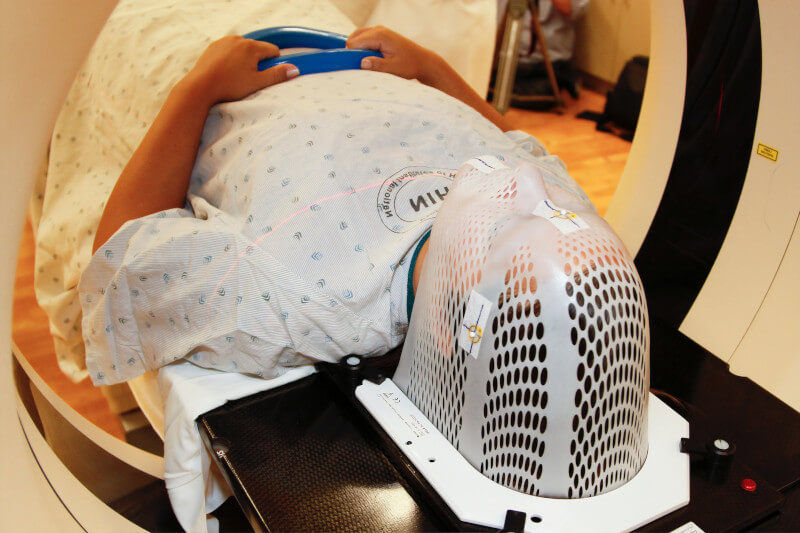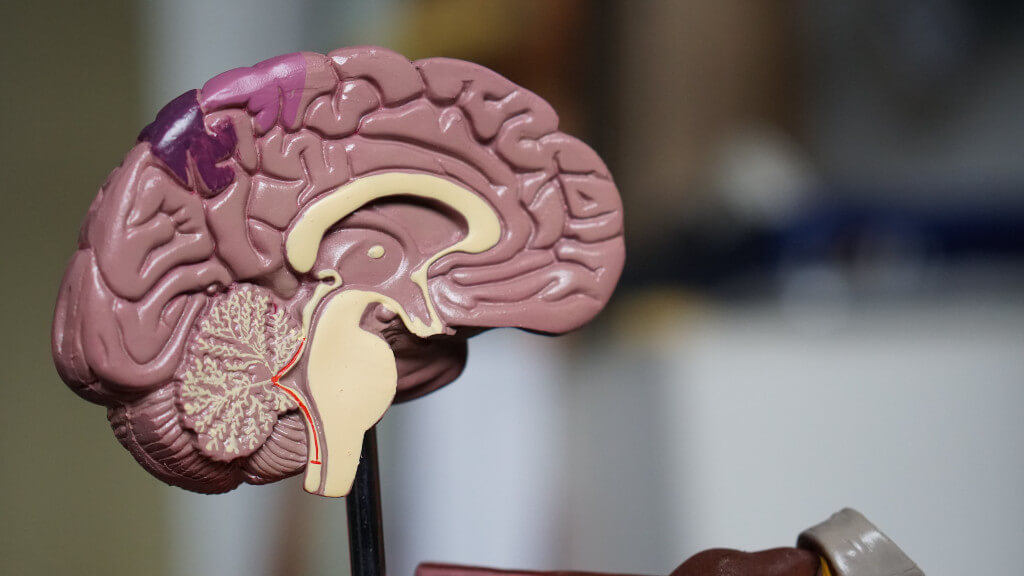Do you feel like you have a problem with your emotional health? Are you curious about the physical changes that take place in the brain as a result of these mental disorders? Insight into mental health issues and the practical implications of mental illness can be gained by reading this piece.
Physical health can be negatively impacted by mental disease. Maintaining a sound state of mind is crucial to living a long and happy life. If mental health issues are identified properly, they can be treated and managed.
A Definition of Mental Illness
A wide variety of emotional and behavioural changes can be caused by mental illnesses. Anxiety disorders, depression, and eating problems all fall into this category. Different forms of mental illness exist, such as post-traumatic stress disorder (PTSD), clinical melancholy, anxiety disorders, and attention deficit hyperactivity disorder (ADHD).
Since the COVID-19 epidemic began, many of us have experienced a wide range of emotions. We’ve all dealt with something on the mental health spectrum, from occasional irritability to severe melancholy and even thoughts of killing oneself. The symptoms of these problems can impair our ability to operate socially and emotionally if we don’t get help for them.
Living with a mental condition can be difficult. It has the potential to alter our personalities, relationships, and careers. Did you realize, however, that the brain and other parts of the body can be affected by mental illness as well? Many distinct parts of the brain and their associated chemical processes can be disrupted by mental illness.
Psychiatric Symptoms and Their Causes
The manifestations of a psychiatric disorder are not uniform. The signs of these mental disorders can be difficult to distinguish from one another. The following are some of the most frequently experienced symptoms of mental illness in adults, though an expert diagnosis should always be sought.
- Extreme shifts in mood, including persistent rage, deep depression, and other negative emotions
- Reduce resilience to stress
- Having a case of paranoid hallucination
- Trouble resting, also known as insomnia
- Struggling to concentrate and retain new information
- Avoiding contact with pals and acquaintances
- Inability to recognise emotional shifts in oneself or others
- Substance abuse, including alcoholism and substance dependency,
- Modifications to Diet
- Concerns about one’s physical shape and size
- Prolonged feelings of apathy and sadness
Why Do People Get Mental Disorders?
There is no known single source of mental illness, but numerous risk factors have been identified. These variables may have biological, chemical, physical, or emotional origins. Nerve pathways and other nerve cells may become abnormal as a result of mental disease. The neural circuits link various parts of the brain. Negative impacts on mental health are exacerbated by the disease’s biological causes.
Inheritance and/or Genetics
Psychiatric problems tend to be hereditary. Having a parent, sibling, or other close relatives who have struggled with mental health issues also raises your chance. Genes play a role in susceptibility, and environmental factors like abuse, stress, or trauma can amp up that vulnerability.
Prenatal Injury
Prenatal exposure to environmental factors has been linked to a variety of developmental issues in the offspring. The brain development of an unborn infant can be negatively impacted by maternal alcohol consumption. Disorders of thought and behavior, like autism and ADHD, could result from this.
Infection
Certain mental illnesses can be traced back to infectious agents. When this happens, bacteria can infiltrate the CNS and infect the brain. The result is inflammation and the death of brain cells. Mental or neurological disorders may emerge after an infection has impacted brain activity.
Traumatic Brain Injury
Mental illness is a possible outcome of a head accident. The health of our nervous system depends on the brain. Any disruption to it can lead to bodily dysfunction. Brain tumors and other head injuries can cause permanent changes in how the brain works.
Inadequate Parenting or Abuse of a Child
Experiencing emotional distress in infancy is common. The child’s brain growth may also be negatively affected, which could result in emotional and behavioural issues down the road. Adverse childhood experiences (ACEs) have been linked to violent or anxious adulthood behaviours.
Poor Dietary Habits
The food we consume affects our mood. A balanced meal is good for the body and the mind. A healthy diet is crucial for a growing mind. Brain cells and enzymes benefit from a diet high in protein.
Brain Changes Caused by Mental Illness

Decisions, actions, and reactions are all governed by the human brain. It regulates every aspect of our being, from our senses and recollections to our movements and actions. It’s also where our feelings originate. We’re all aware that it can be difficult to get a handle on how the brain works. However, the fact that the brain communicates with the rest of the body via the spinal cord and neurons is all we need to know.
Neurotransmission is the mechanism by which the brain transmits electrical signals. Neurons are the nerve cells that generate these electrical impulses. Our glands, muscles, and nerves are all under the control of neurons, which interact with one another. The chemistry and function of the brain are altered in a person with a psychiatric illness. There is a breakdown in neuronal transmission as a result. The rate of neurotransmission is altered as a result of these modifications. Alterations in brain chemical levels have been related to mental health problems.
When we are under severe emotional stress, the adrenal glands secrete an abundance of the hormone cortisol. The primary hormonal response of the human body to stress is this chemical. It aids in the regulation of emotional states within the brain. Excessive amounts can alter brain chemicals and bring on depressive symptoms.
Neurotransmitters Are Molecular Messengers in the Brain
They facilitate communication between synapses in the brain. Those who suffer from mental diseases tend to have lower concentrations of these neurotransmitters. Serotonin is a type of neurotransmitter that has been shown to have mood-boosting effects, and National Institutes of Health researchers think that people with depression have reduced levels of serotonin. The use of antidepressants has been linked to a reversal of natural chemical equilibrium in the brain. Long-term use has been linked to neurological illnesses like Parkinson’s disease and dementia.
Mental Illness in Its Varieties
The psychological component is not the only criterion for diagnosing mental disorders. A person’s abnormal behaviour may be affected by their immediate surroundings. We all react differently to pressure and worry. Let’s pretend you and your pal both got a bad grade on a test. Then, as you continued, he began to weep. This is not evidence that he is mentally ill. His approach to dealing with pressure is unique in comparison to yours. Professionals in the field of mental health have identified the following mental disorders:
OCD, or OCD-Related Disorder
Patients with OCD suffer from chronic anxiety. Because of these anxieties, they find themselves engaging in ritualistic behaviour.
The slightest deviation from their routine causes them great distress. This motivates them to perform the ritual once more the next time they feel the need to escape from their fixation. Compulsions are defined as repetitive behaviours. For instance, someone who is overly paranoid about germs might cleanse their hands every ten minutes.
Bilateral Disorder
Bipolar disorder (BPD) is also known as manic sadness. People with bipolar illness are prone to wild swings in emotion. It can be anything from overwhelming joy to searing despair or rage. Sometimes a person with BPD will exhibit no psychotic signs at all.
The Pandemic State
Panic disorder is diagnosed in people who have frequent panic episodes. These assaults are bursts of extreme fear, even if there is no immediate threat. Within a few minutes, you will feel the worst of these discomforts. Their anxiety manifests itself physically, with signs like racing hearts and profuse sweating.
A Serious Depression Disorder
A mood disorder best describes this mental disease. Depression manifests itself in more ways than just sadness. Reduced vitality and interest in previously pleasurable activities are additional symptoms of depression. Extreme sadness is associated with an increased risk of suicidal ideation. When a patient is in denial about their mental health problem, it can be difficult to treat their melancholy.
Schizophreniac Disorders
Schizophrenia is a severe mental illness that impacts a person’s ability to think, feel, and act normally. Delusions and hallucinations are hallmarks of this condition. It might be inherited, or it might be influenced by one’s environment.
How to Care for People with Mental Illness
Mental sickness is not treated or diagnosed in the same way as physical illness. A simple blood test can detect heart problems. Behaviour and perspective play larger roles in mental disease. No clinical or diagnostic tests exist for bipolar illness. To find out more about the link between physical and mental health, click here.
The American Psychiatric Association’s Diagnostic and Statistical Manual of Mental Disorders, 5th version, is the gold standard for making diagnoses of mental disorders. Tools that allow doctors to “peer inside the skull” are also used to study the effects of mental illness on brain activity. Mental health workers can use scanning devices to help with diagnosis. Functional magnetic resonance imaging (fMRI) is one such instrument that is task-based.
The National Institute of Mental Health employs this method to evaluate the degree to which different regions of the brain are engaged during a task. The fMRI machine can examine the brain to reveal changes caused by mental illness, which can impact how we perform routine tasks. The existence of a mental disorder cannot be established by a brain scan alone. Seeing a professional in the field of mental health is still necessary for an accurate evaluation.

Do you ever feel like someone else entirely? As though you have no idea what’s…

A minimum of 5 million South Africans, or 10% of the total population, have experienced…

This is the ultimate solution for impeccable audio content with our Powerful Relaxing…

When someone is diagnosed with tuberculosis (TB), they face a number of challenges, including social…
How to Know When to See a Doctor
The first stage is to educate oneself on the various causes of mental illness through reading. Seek assistance if you or a loved one is experiencing mental health issues. Do not feel ashamed or scared. Get yourself or a loved one in touch with a therapist or counsellor for support. Mental disorders that alter normal brain structure and function do not improve without treatment. If not addressed promptly, mental health issues can worsen. Mental health issues can be difficult to manage. Realise that your symptoms are just that: your symptoms. You can’t make this stuff up!



